The appeal of dark TV: Catharsis or consumption?
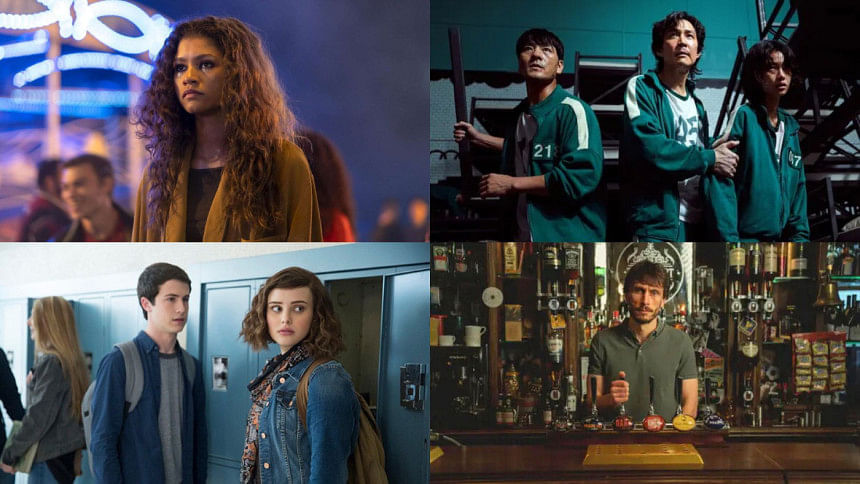
We've all done it—clicked "next episode" with tears still in our eyes, let the credits roll as we stared blankly at the screen, a pit of something nameless blooming in our chest. Shows like "Baby Reindeer", "Euphoria", "13 Reasons Why", and "BoJack Horseman", to name a few, are not easy watches. They are raw, haunting, sometimes violent. Yet we keep returning— even when we say we need a break, even when we feel worse afterwards. And somewhere along the way, watching pain became the very way we process our own. Or maybe, just maybe, it became the way we avoid it.
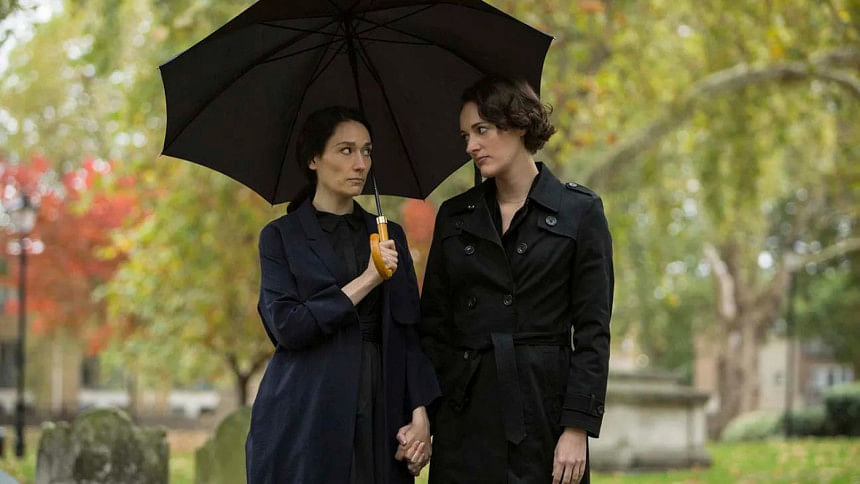
Streaming platforms can be said to be overflowing with stories of trauma. Abuse, suicide, addiction, grief, systemic injustice; almost every drop of human anguish is now content, and it is not inherently a bad thing. For decades, TV sidestepped the real. But now we have seen grief painted with grayscale precision in "After Life", generational dysfunction in "The Bear", and depression clawing at the seams of laughter in "Fleabag". It is clear that pain is no longer subtext but the plot. However, what started as brave storytelling may have spiralled into a kind of trauma loop. We talk about our favourite "breakdown scenes" the way we used to discuss plot twists. And with every critically acclaimed show wrapped in emotional devastation, the question arises: are we still watching because it moves us, or because it mirrors our own inner wreckage too closely to look away?
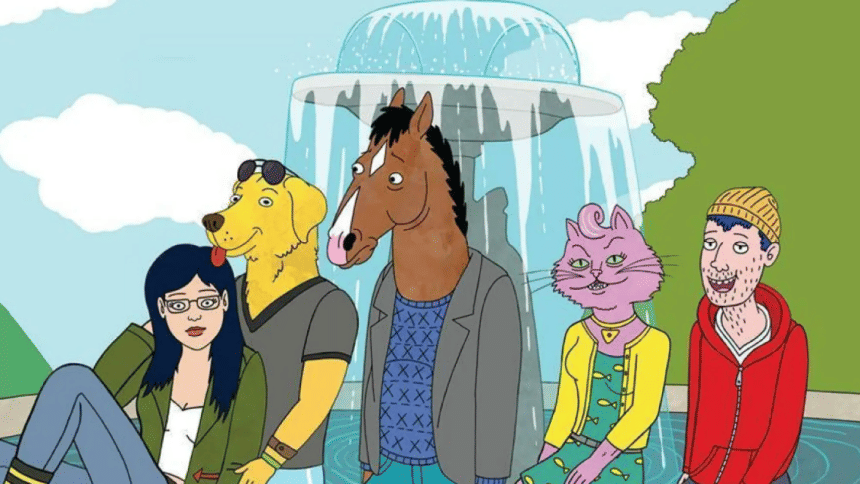
There is something strangely reassuring about these shows. "Baby Reindeer's" Richard Gadd is stalked and gaslit and relives the echoes of abuse, and we watch him fall apart so we do not feel as alone when we do. "13 Reasons Why" offered high schoolers a grim portrait of loneliness and cruelty, packaged with glossy aesthetics and a Spotify-ready soundtrack. People argued it was dangerous, but for many teens, it gave language to what they were already feeling. "Euphoria" does not shy away from the grotesque corners of addiction and teenage despair; yet Rue's quiet breakdowns often feel more familiar than like a fantasy. These shows hurt, yes, but they hurt with us. There is a fine line between validation and desensitisation. What happens when trauma becomes so central to our viewing experience that we start to crave it? Bingeing on "Unbelievable", a series about the mishandling of sexual assault cases, left many viewers devastated, and yet the show was praised for how gripping it was. "Maid", a devastating chronicle of domestic violence and poverty, trended for weeks on Netflix.
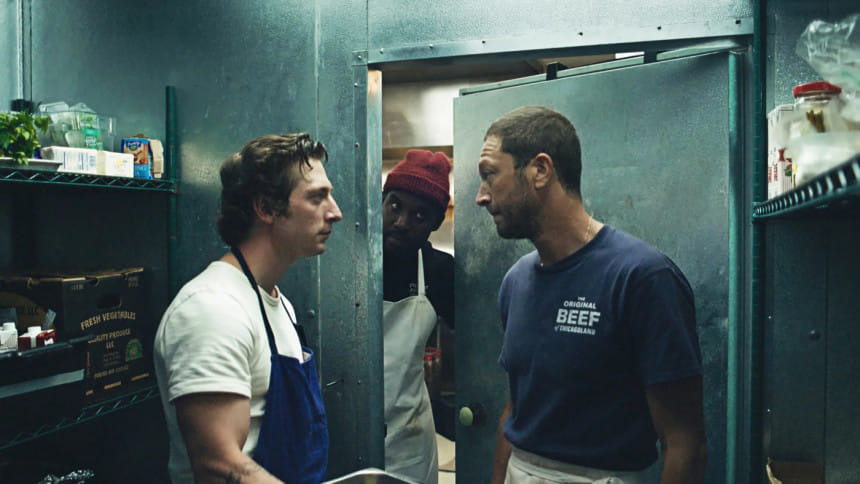
There is something generational here. Millennials and Gen Z have grown up in a world constantly in crisis. We do not always know how to name our grief, so we look for it on-screen. What we often find is not resolution, but repetition. It is as if we are stuck in a loop where we watch a character spiral, see ourselves in them, feel shattered, recover slightly, and then do it all over again. And somewhere between the fourth consecutive binge of yet another emotionally wrecking series and the seventh TikTok essay on intergenerational trauma, we need to pause and ask whether we are processing or just consuming? Are these shows helping us heal, or just numbing us into complacency?

That said, not all trauma-based storytelling is exploitative. The difference often lies in intention and execution. Shows like "Sex Education" treat issues like sexual assault, queerness, and mental health with grace and complexity. "Reservation Dogs" manages to depict generational trauma within indigenous communities with wit, tenderness, and joy. These shows remind us that it is not the presence of pain that is the problem, but rather how it is held. Then there is the matter of endings. Do these stories offer any catharsis? Do they give us something to hold on to, not despite the pain, but through it? "BoJack Horseman" ends with a quiet, unsettling moment of honesty. "Beef's" finale turns a violent feud into an unexpected connection, asking what it really means to be seen. Even "Squid Game" Season 3, while doubling down on brutality, dares to ask whether surviving is enough when you have lost yourself in the process. However, for every show that sticks the landing, there are five that do not—relying instead on cliffhangers, trauma-for-shock-value, or unresolved messiness masquerading as realism. And audiences are beginning to feel it. There is growing fatigue. A desire for something softer. We see it in the rising love for comfort shows, the return of feel-good K-dramas, or the yearning for slow TV, where nothing happens except for people being kind to each other.
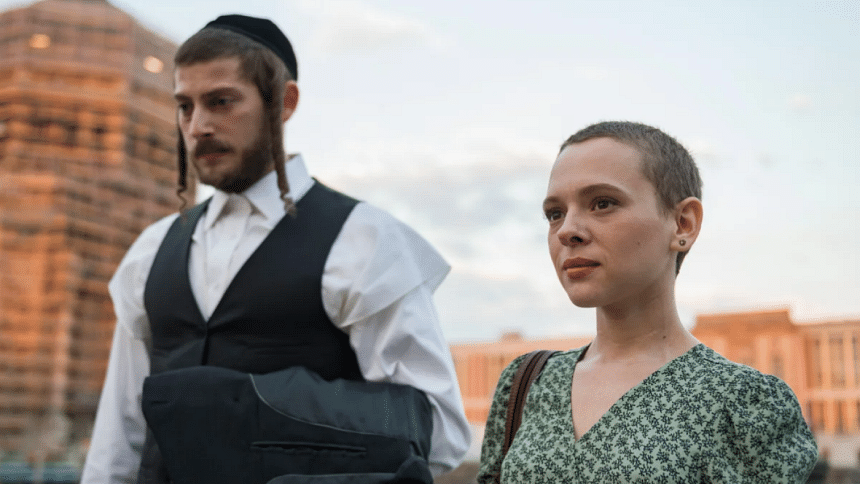
Maybe this is what we are missing. Not just realism, but radical gentleness. Stories that do not ignore the darkness but choose to respond with care. Characters who are not just broken, but slowly and clumsily learning how to heal. Plots that do not end in death or silence, but in small acts of survival. And maybe we need to reexamine our own habits, too. Why do we binge these shows at 3am? Why is it easier to watch something painful than something joyful? Why does the quiet ache of a show like "Unorthodox" stay with us longer than the chaos of another thriller? Why, when we finish watching something devastating, do we immediately search for the next thing to emotionally ruin us?
Perhaps it is because in a world that often refuses to make space for our emotions, these shows do. They hold our sadness, our rage, our grief; even if imperfectly. Then again, healing does not come from just watching others bleed. It comes from looking up from the screen and asking, "What now? Are we still watching, or just coping? And more importantly, is that enough?"

 For all latest news, follow The Daily Star's Google News channel.
For all latest news, follow The Daily Star's Google News channel. 




Comments